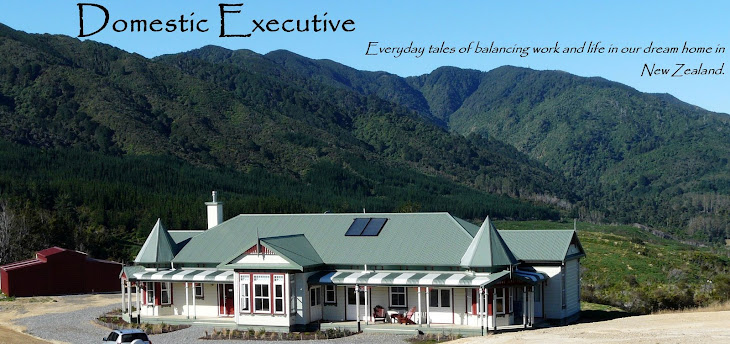Since arriving in New Zealand I've been struggling to understand some of the kiwi ways. As luck would have it, Radio New Zealand have recently run a poll of the 20 events that have most helped to shape the country and make it, and New Zealanders, what they are today. It's a fascinating list - a mix of colonial history, liberalism and, of course, sporting endevour.
The #1 defining moment is the signing of the Treaty of Waitangi. This is the document of New Zealand entered into by British representatives of the Crown with representatives of Māori iwi and hapū. It was was intended to be an exchange of sovereignty in return for a guarantee of the authority of the chiefs and the protection of Māori land and resource rights. The Treaty also extended to Māori the same rights and privileges as British citizens have. But, since it's signing in 1840 there has been continuous disagreement over its intentions because there are differences between the English and Māori versions. www.treatyofwaitangi.govt.nz
Over time, it became clear that Māori were disadvantaged by the actions of the Crown and in 1975 the Waitangi Tribunal was established to facilitate a process of truth and reconcilation. The Tribunal examines any claim by a Māori or group of Māori to determine if they have been prejudiced by laws and regulations or by acts, omissions, policies, or practices of the Crown since 1840 that are inconsistent with the principles of the Treaty of Waitangi.
The Tribunal makes findings on whether a claim is well founded, and outlines if and how the principles of the Treaty have been breached. www.waitangi-tribunal.govt.nz
In researching the principles of Waitangi as part of my job searching activities, you get a fascinating insight into the development of New Zealand and its approach to reparation for past wrongs. You've got to hand it to the kiwis, they are paving the way for social justice that countries others could learn from.
Subscribe to:
Post Comments (Atom)






No comments:
Post a Comment